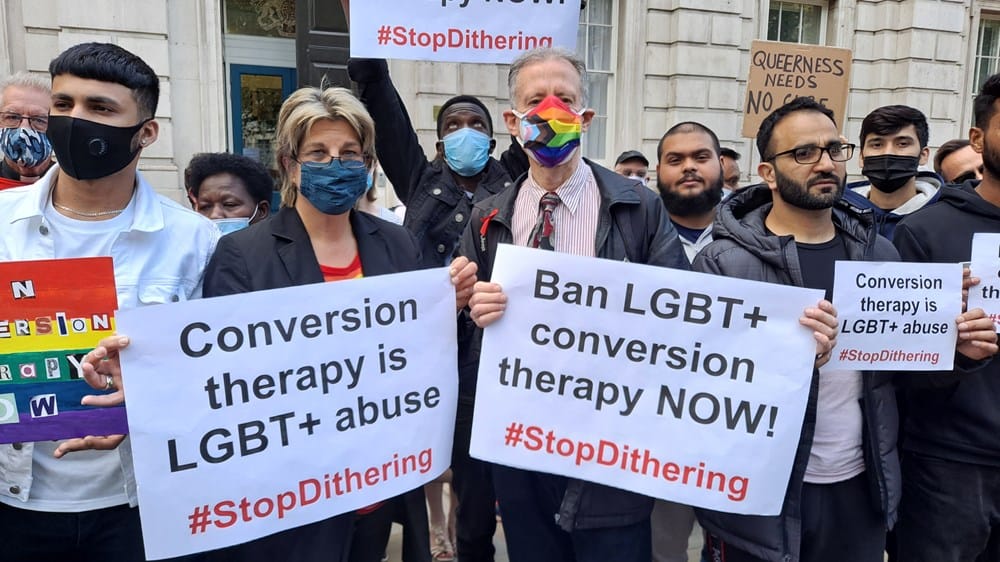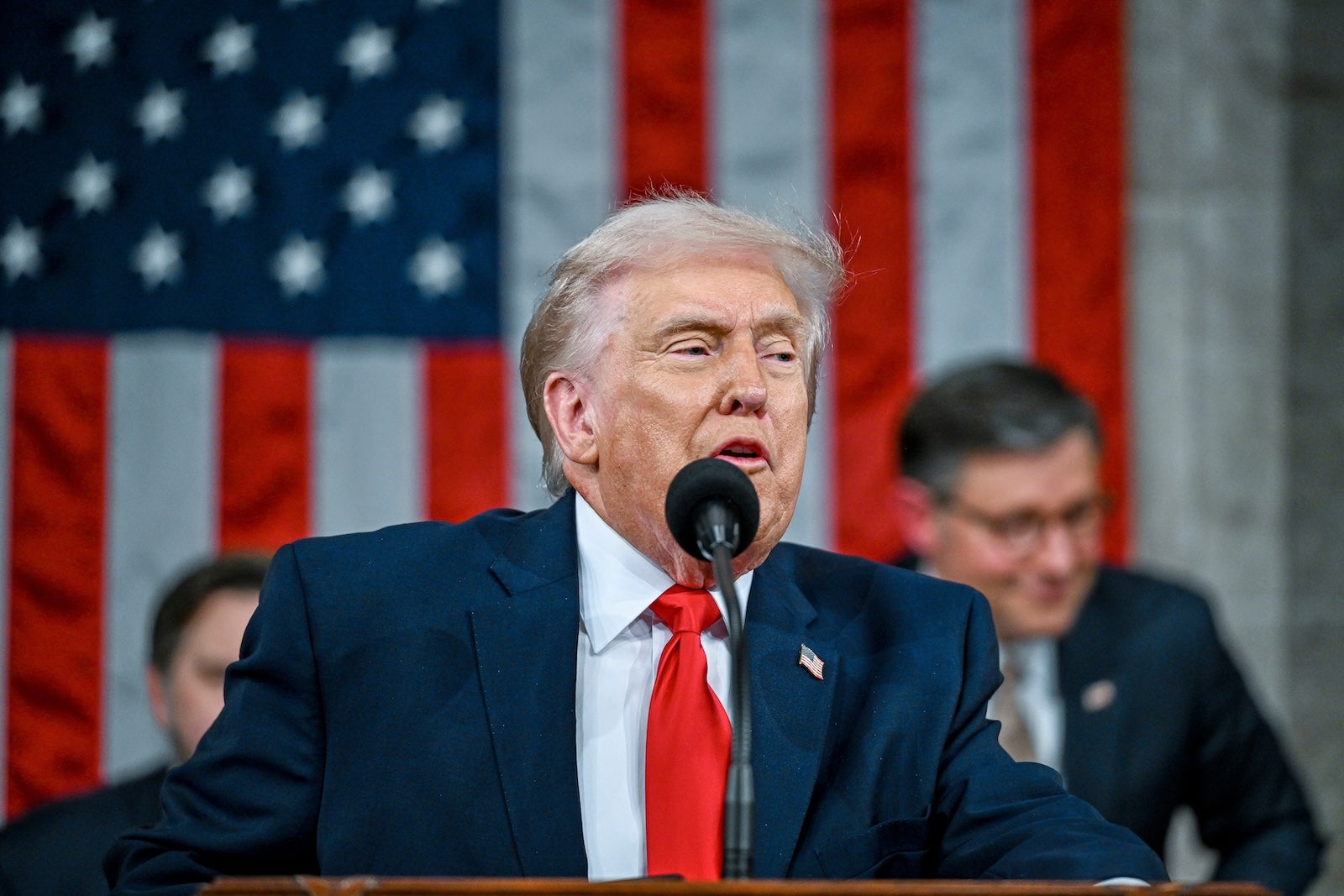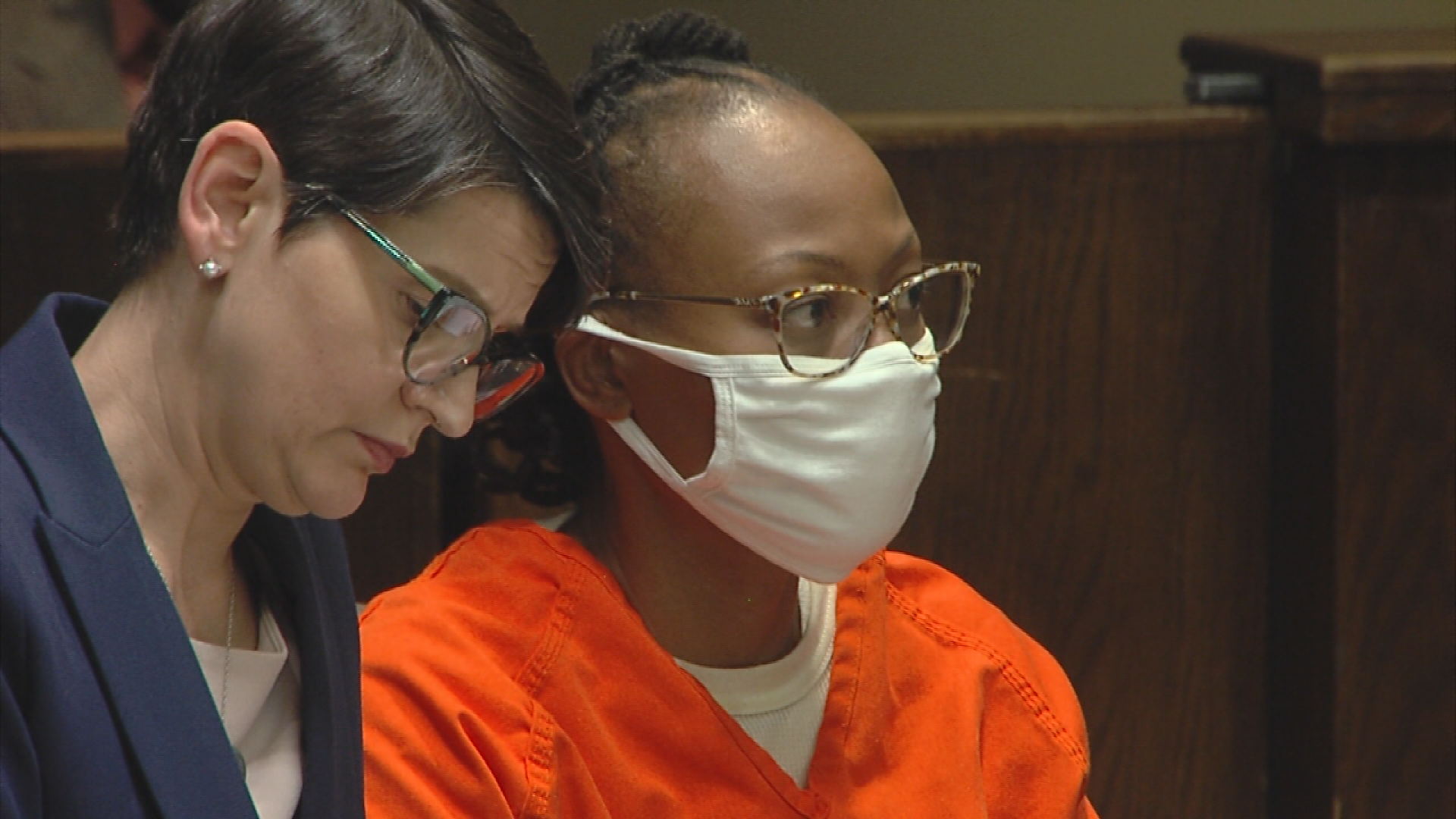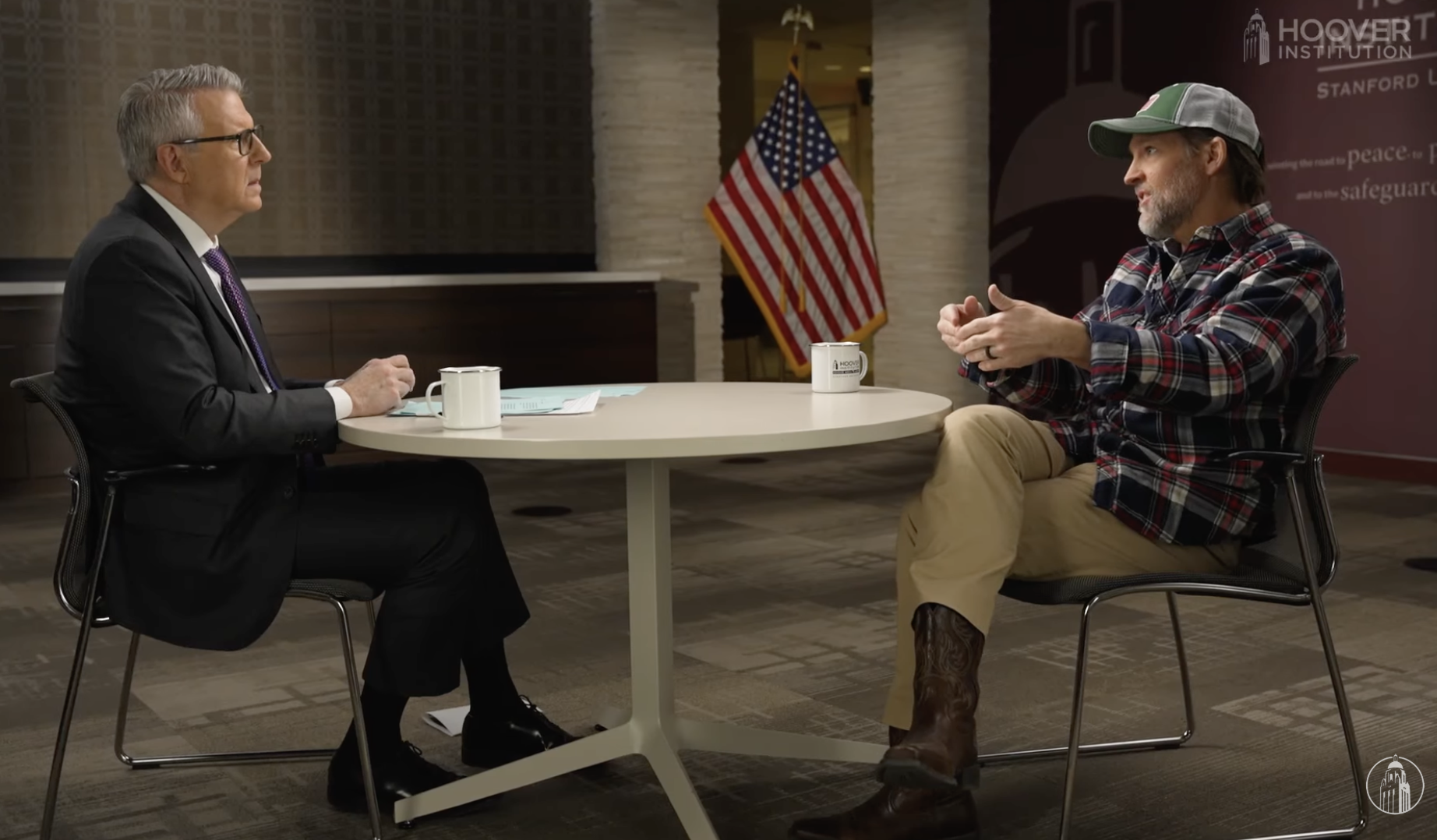UNITED KINGDOM: 1,000+ Church Leaders Oppose Conversion Therapy Ban

Over 1,000 church leaders across Britain signed a letter urging Westminster to abandon proposed legislation for a "full, trans-inclusive ban on conversion practices," warning it could criminalize everyday church activities. The coalition submitted their appeal the week of October 7, 2025.
The Christian Institute reported the concerns on October 10 in their weekly news briefing, noting the church leaders fear the ban would impact "everyday church activities" including prayer, pastoral counseling, and biblical teaching on sexuality and gender.
Simultaneously, the Scottish Government faced opposition to similar measures, with reports indicating a majority of respondents to their consultation opposed a "conversion practices" ban. Critics argue the legislation fails to distinguish between coercive abuse and voluntary pastoral support, potentially criminalizing parents, clergy, and counselors who assist individuals experiencing unwanted same-sex attraction or gender dysphoria.
The proposed UK law would expand beyond sexual orientation to include "trans-inclusive" provisions regarding gender identity, creating criminal liability for anyone deemed to be attempting to change or suppress someone's gender identity or sexual orientation.
Church leaders warn this would effectively prohibit orthodox Christian teaching that sex is binary and immutable, that marriage is between one man and one woman, and that sexual expression should be limited to heterosexual marriage. The letter noted that thousands of Christians voluntarily seek pastoral help aligning their behavior with their religious beliefs, and such support would become illegal under the proposed framework.
THE CRUSADERS OPINION
The "conversion therapy" debate reveals how quickly Western nations are moving from tolerance to compulsion, from pluralism to ideological enforcement. What's presented as protecting vulnerable people from abuse actually criminalizes the transmission of historic Christian sexual ethics—and church leaders are finally recognizing the trap before it springs.
Let's be direct: actual conversion therapy—coercive, abusive attempts to change sexual orientation through psychological torture or aversive conditioning—deserves condemnation and was already illegal under existing assault, abuse, and fraud statutes. Nobody is defending the horrific practices that occurred in some settings. But that's not what these new laws target. They target belief itself.
The tell is in the language: "trans-inclusive." This isn't about preventing abuse; it's about mandating affirmation. Under these proposed laws, a Christian counselor couldn't help a teenage girl uncomfortable with her developing body explore whether her gender dysphoria might be rooted in trauma, social contagion, or autism spectrum disorders without risking criminal prosecution. A pastor couldn't pray with a young man seeking to live celibately despite same-sex attraction without potential jail time.
This is where pro-Western, pro-Christendom thinking becomes essential. The liberal democratic tradition that emerged from Christendom was predicated on protecting religious conscience and allowing communities to order their internal lives according to their deepest convictions. What we're witnessing is the inversion of that tradition: the state claiming authority to regulate prayer, criminalize pastoral care, and dictate the boundaries of acceptable belief within faith communities.
For those committed to Christian unity, the conversion therapy debate is a watershed moment. Reformed, Catholic, Orthodox, Pentecostal, and evangelical traditions all hold complementary views on human sexuality rooted in Scripture and natural law. When the state criminalizes those views, suddenly theological differences between believers become secondary to the shared threat to religious liberty.
The 1,000 church leaders signing this letter represent something rare in British Christianity: cross-denominational coordination on a crucial civilizational question. This should be celebrated and supported by Christians worldwide, regardless of denominational affiliation. When conscience rights are under assault, we defend them together or lose them separately.
But here's where Christian advocates often err: we focus exclusively on religious liberty arguments while ceding the moral terrain. We should clearly articulate not just that we have a right to our beliefs, but that our beliefs are true, good, and beautiful. The Christian sexual ethic—sex as covenantal, procreative, and unitive within permanent heterosexual marriage—isn't arbitrary religious preference. It's the wisdom tradition that built Western civilization, and abandoning it has produced the wreckage of contemporary sexual culture: epidemic loneliness, delayed marriage, plummeting birth rates, and a generation medicated for anxiety and depression while being told their feelings constitute identity.
The trans-inclusive element deserves particular attention because it reveals the ideological capture of institutions. We've moved from "some people experience gender dysphoria and deserve compassion" (true) to "gender identity is innate and immutable while biological sex is a social construct" (incoherent) to "anyone who questions this deserves criminal sanction" (totalitarian) in less than a decade. This isn't progress; it's a moral panic backed by institutional power.
Christian unity requires we stand together when any denomination faces state coercion over doctrine. If Parliament criminalizes Catholic priests for refusing to affirm gender ideology, Baptists should protest. If they target evangelical counselors, Anglicans should resist. The body suffers when any member suffers, and the state's invasion of pastoral care affects every tradition.
The strategic response must be multilayered: legal challenges, political advocacy, international pressure from allied nations, and civil disobedience if necessary. Churches should clearly state they will continue praying with and counseling congregants according to biblical principles regardless of legal penalties. When the state criminalizes compassion, Christians must be willing to face legal consequences for doing what's right.
The deeper issue is theological: Western Christianity spent decades trying to accommodate progressive sexual ethics at the margins—"welcoming but not affirming," "love the sinner, hate the sin"—and discovered that accommodation invites domination. You cannot compromise with an ideology that views your continued
existence as violence. Progressive sexual politics doesn't want churches relegated to the private sphere; it wants them transformed, captured, and made to bless what Scripture calls sin.
This is why the 1,000 church leaders' stand matters beyond Britain. It signals that after decades of retreat, some Christian institutions are remembering that faithfulness matters more than cultural acceptability. The question now is whether British Christians will maintain this resolve if test cases result in arrests and prosecutions, or whether they'll discover that religious liberty convictions fade when faced with actual costs.
For Christendom—understood not as Christian nationalism but as civilizational inheritance shaped by Christian truth—the conversion therapy debate represents a civilizational choice. Will Western nations remain places where diverse communities can form consciences and order lives according to transcendent truth claims? Or will they become ideological monocultures where the state determines acceptable belief and criminalizes dissent?
The 1,000 church leaders understand what's at stake. The question is whether the other Christians in Britain—and throughout the West—will join them before the window for legal resistance closes.





